Dine, shop, relax, and live more wisely

School of Hospitality Management faculty members Michael Tews, Anna Mattilla, Donna Quadri-Felitti, Amit Sharma, Bart Bartlett, and graduate student Yoohee Hwang, collectively offer their expert advice on making informed decisions when you make hospitality purchases
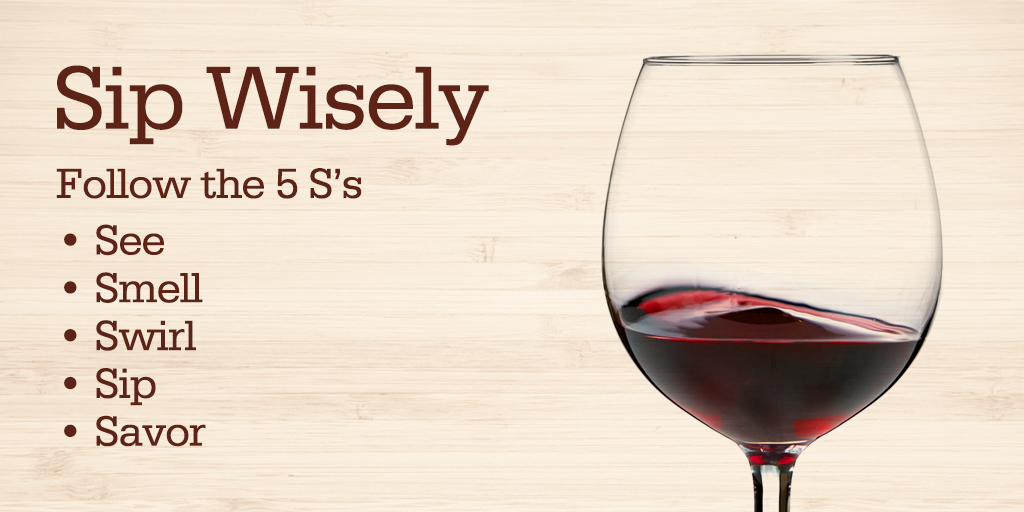
Moderate wine consumption has been widely reported to have salutatory effects. And yet the contradictory studies are also available. What we do know is that historically, societies across the globe and across millennia have enjoyed wine as part of their cultures, rituals, and dining experiences. If you choose to enjoy wine with your meals or celebrations, using the traditional time-tested technique of the five S’s that the School teaches in its wine curriculum may enhance your gratification:
- See
- Smell
- Swirl
- Sip
- Savor
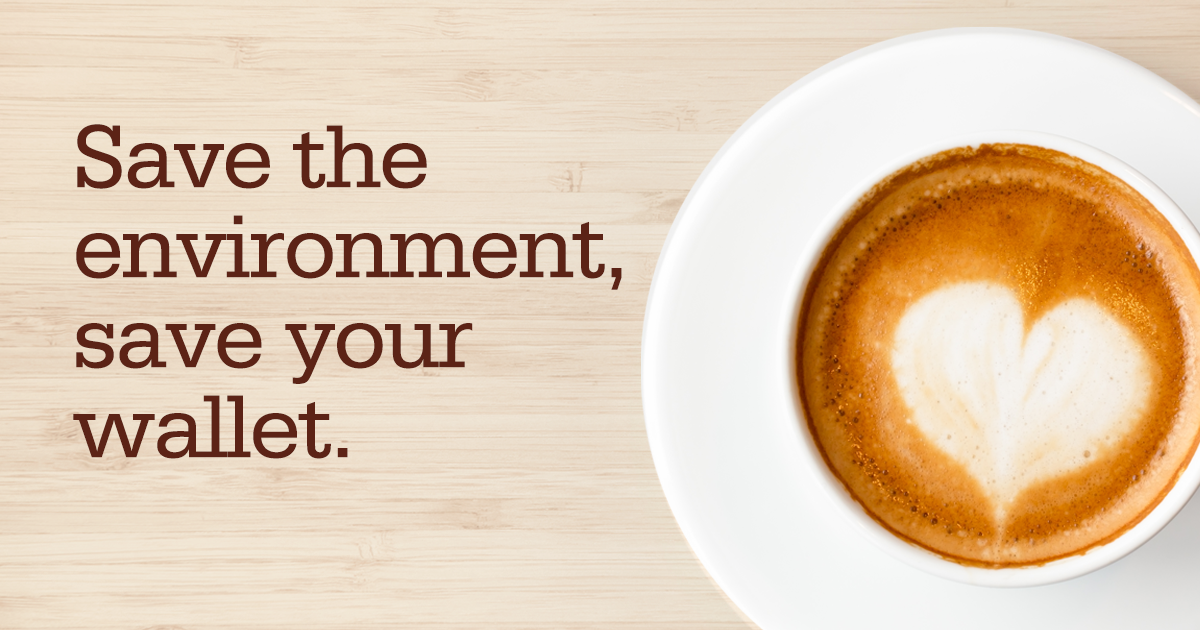
With sustainability in mind, coffee shops and cafés across the country are offering environmentally-friendly products, including at Café Laura at University Park, which serves coffee in compostable cups and lids. Café Laura also offers a coffee discount to customers who bring a reusable cup to fill. The next time you stop for a caffeine fix, ask your barista if the provided cup is compostable or try to take advantage of the savings found with a reusable mug.

Hospitality-focused “Life Plan Communities” for older adults offer a resort-like atmosphere that promotes quality of life and healthy living through a focus on physical activity, social interaction, healthy dining and nutrition, and engagement. A popular elective in the School’s undergraduate curriculum is Hospitality in Senior Living, through which students learn these and other tips.
When searching for a Life Plan Community for you or a loved one, it’s important to consider a community that emphasizes a “hospitality mentality.” When visiting, ask yourself:
- Are you greeted warmly at the door?
- Does the atmosphere feel like a resort - or a hospital? Are there multiple dining venues and options?
- Do the dining menus feature a variety of choices with fresh ingredients?
- Is there a diverse beverage selection, bar, or BYOB option?
- Do the amenities and activities offered match your interests?
- Is staffing available to assist residents outside of regular business hours?
- Are the grounds and public areas inviting and well kept?
- How do staff members respond to impromptu or unique requests? (Hint: The answer should always be “yes.”)
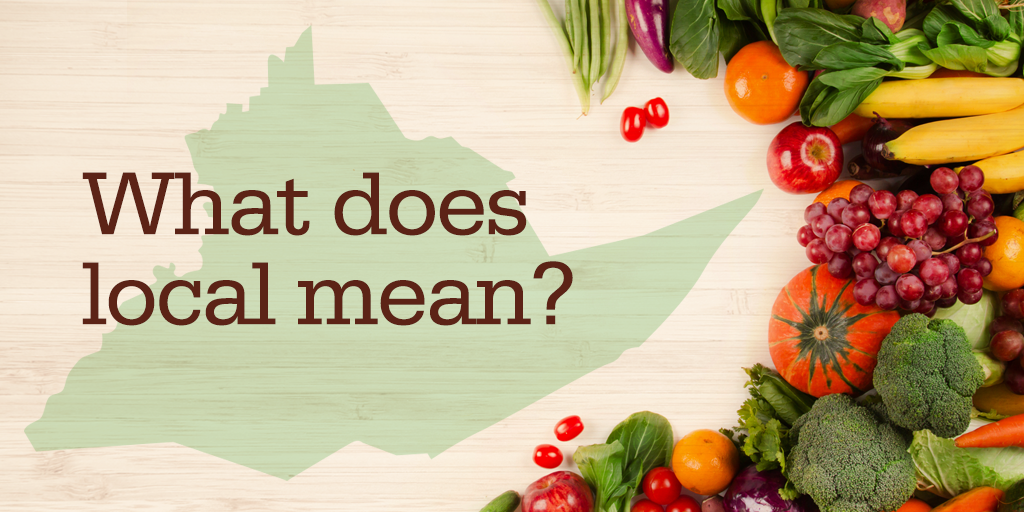
Do you know what you are eating when you order food in a restaurant? Local foods have become a frequent feature on restaurant menus. But did you know that “local food” could mean different things to different people? Just because it says “local” does not mean it necessarily came from your local community.
There is no consensus on a definition of "local" or "local food systems" in terms of the geographic distance between production and consumption. But defining "local" based on marketing arrangements, such as farmers selling directly to consumers at regional farmers' markets or to schools, is well recognized.
Statistics suggest that local food markets account for a small, but growing, share of U.S. agricultural production. For smaller farms, direct marketing to consumers accounts for a higher percentage of their sales than for larger farms.
So, ask what you are eating, where it came from, and how might it be different. If you are eager to learn about the impact of your food choices on local economies, it pays to ask your server so that you can know more about the foods you eat.
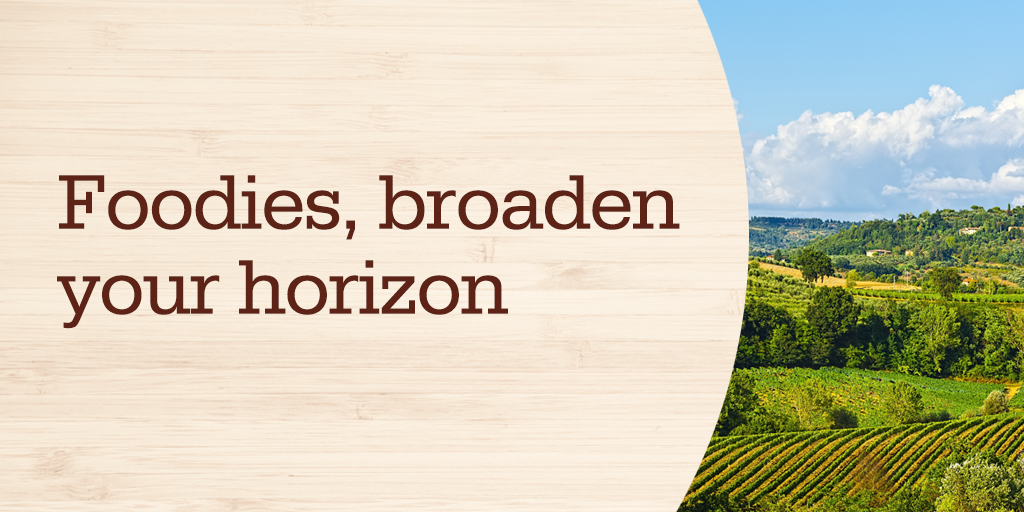
The next time you visit a winery in California, Texas, Israel, Spain, or Italy, you may want to ask if the owners also produce olive oil. The climate for olives and grape farming is similar and many wineries are expanding their tours to include adjacent or supplementary olive groves.
While you may visit wine country for the beauty of the landscape and the pleasures of the tasting room, wine makers or nearby olive oil producers may offer educational tastings that increase your heart healthy diet while learning about premium and boutique crafted olive oils. Preliminary research by doctoral candidates and graduate faculty show that tourists are keenly interested in learning about the healthy uses and enjoyment of olive oil direct from the grove.
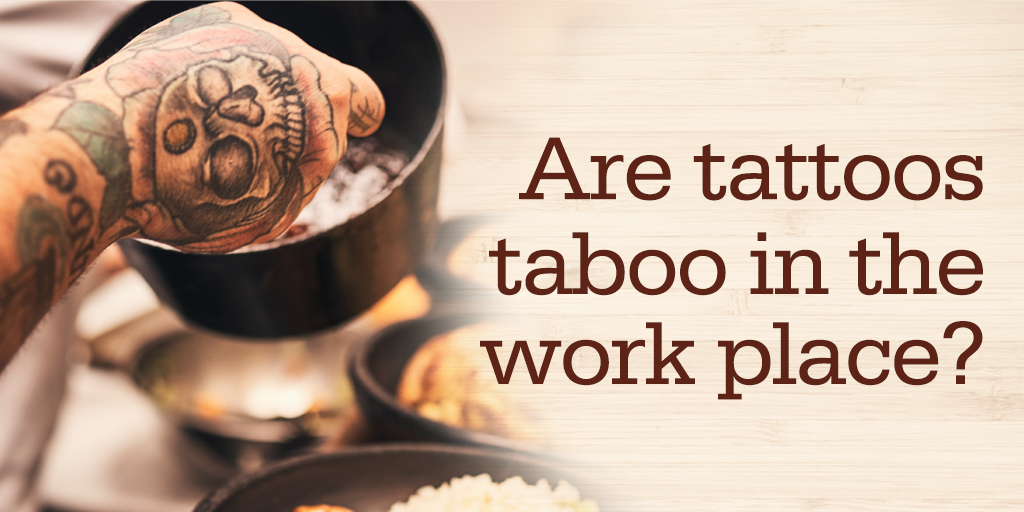
Service staff who have tattoos may be a sign of the times. In fact, it is estimated that 45 million individuals in the U.S. workforce have at least one tattoo. That said, recent research shows that hiring managers appear split in some respects.
Millennial hiring managers are more open to tattoos than their older counterparts. Furthermore, Millennial hiring managers are more open to a wider diversity of tattoos. Surprisingly, employers are less likely to hire a male with a tattoo than a female today, which is interesting as tattoos were traditionally a male phenomenon.
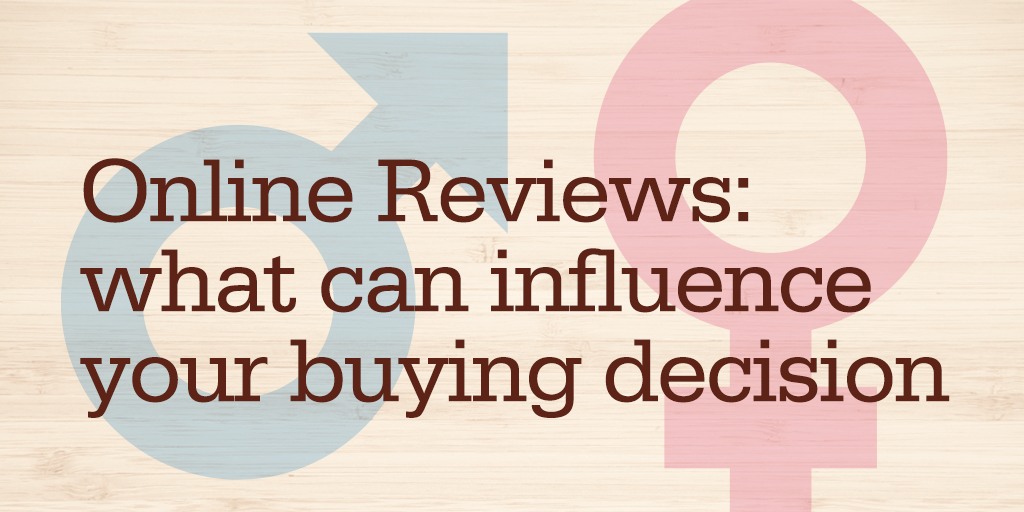
Online review sites have become a major channel for consumers to discover and share product experiences—and influence purchasing decisions.
When you are reading a review for your next vacation or night out on the town, pay attention to the style of writing, because Hospitality Management researchers found that gender and language style might influence consumers’ decision making.
Specifically, when a purchase is for pleasure or fun, called the hedonic context (e.g., golf & spa resort, dinner at a nice Italian restaurant, cruise, etc.), subjective style in reviews tend to enhance purchase intention among men.
On the other hand, for utility purchases (e.g., coffeemakers, airport shuttle, computer, printer, etc.), objective style language in reviews tend to be more effective with the purchase intention of women.

Advice from Bing Pan, Associate Professor of Commercial Recreation (Reprinted from WalletHub)
Why is it so hard to tell how much airline miles are worth?
It's because the value depends on many factors: how you redeem them, and whether or not you can redeem on the date of your preferred flights, etc.
How often does someone need to fly to justify getting an airline miles credit card?
For me, flying two to three times a year between the U.S. and China makes my mileage card totally worthwhile.
What should a frequent traveler look for in an airline credit card?
My mileage card gives me the privilege of accessing many airline lounges, which is very nice.
What are the biggest mistakes people make with airline miles credit cards?
I prefer a card which can transfer the mileage to many different airlines.
